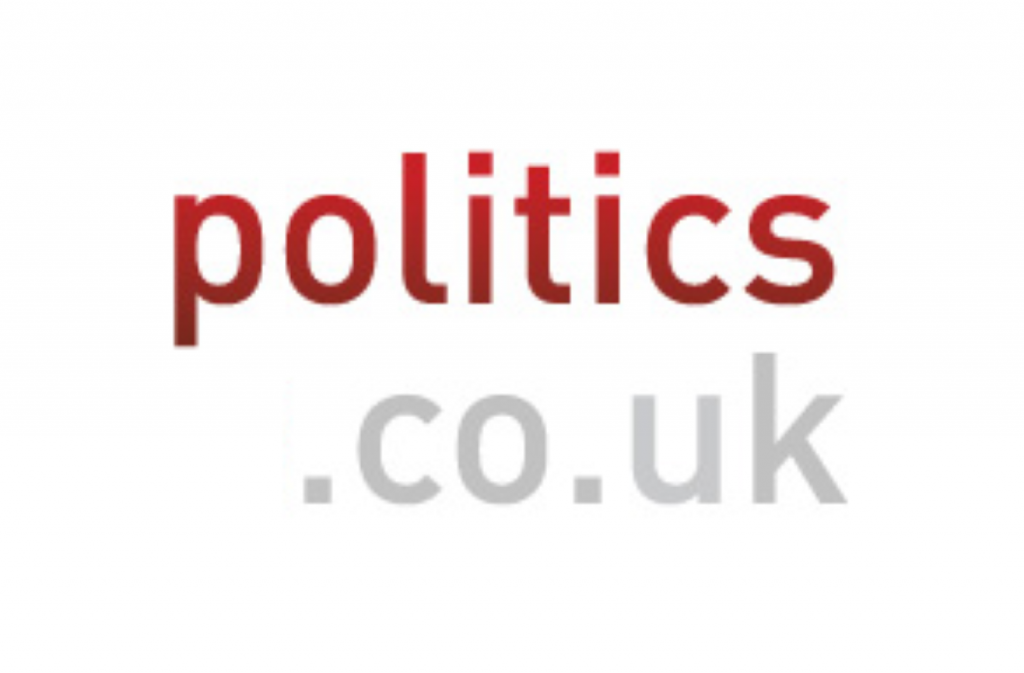Brown promises prosperity for all
Gordon Brown has said that Labour will ensure all – not just the few – prosper if Labour wins a third term in office.
His comments came as Labour launched the economic and education chapters of its general election manifesto.
Promising rising prosperity, Labour’s latest pledge card targets aspiring and current home owners, lower paid workers as well as highlighting rising education spending.
Home owners are promised an inflation target of two per cent, with mortgage rates kept low. First time buyers are promised extra help, with the target set of one million more homeowners by 2010.


The party pledges to expand the New Deal, offer 300,000 apprenticeships and put up the minimum wage to £5.35.
Money saved on the welfare budget would be directed towards education, it adds, with education spending rising to £5,500 per pupil.
Mr Brown said that education was of “vital importance” to the future of Britain, hence why Labour has combined its launch of the education and economic manifesto.
He said that Labour would “never take any risks with economic stability” and that the task now was to “ensure security and prosperity not just for some, but for all the hard working families of Britain”.
Mr Brown said that Labour’s business manifesto would remove barriers to enterprise, give incentives for business investment and make Britain into a world leader in science. The Chancellor promised to cut regulatory inspections by a half and promote a flexible, liberal, free trade economy.
Mr Brown said: “To meet Asian competition and the China challenge, the task of government is to equip people to meet and master change, not to stop the clock or walk away. Most of all, to develop the skills of every person, we will create a total of 300,000 apprenticeships and introduce the first national employer training program for adults.
“No teenager should be without skills.
“Universal education from 5 to 11 was achieved in 1893. Universal education from 5 to 14 in 1918, to 15 in 1947 and to 16 in 1972. But for thirty years as the world has moved on, the span and reach of education have remained the same.
“In the coming Parliament the education leaving age will rise to 18.”
He stressed that education spending would rise to £5,500 per pupil by 2008 – double 1997 levels – and that “every pound saved from unemployment benefits in the coming Parliament as we cut the bills of failure will go direct to education as we invest in future success”.
Turning on the Conservatives plans, Mr Brown said: “Oliver Letwin’s first budget would begin to undo all achieved since 1997.”
He highlighted Conservative plans to scrap the New Deal and the small business service, and said their “risky policy of tax cuts” would put economic stability at risk.
Rounding on Tory plans for a pupil’s passport which could see parents take state money to the independent sector – providing it costs no more than the state sector price- Mr Brown said this would take £2 billion out of the state education system.
He added: “While a privileged few don’t need the New Deal or investment in local schools and hospitals, hard working families do.
“And while a privileged few can survive or even prosper amid high interest rates and Tory stop-go, hard working families cannot.”

